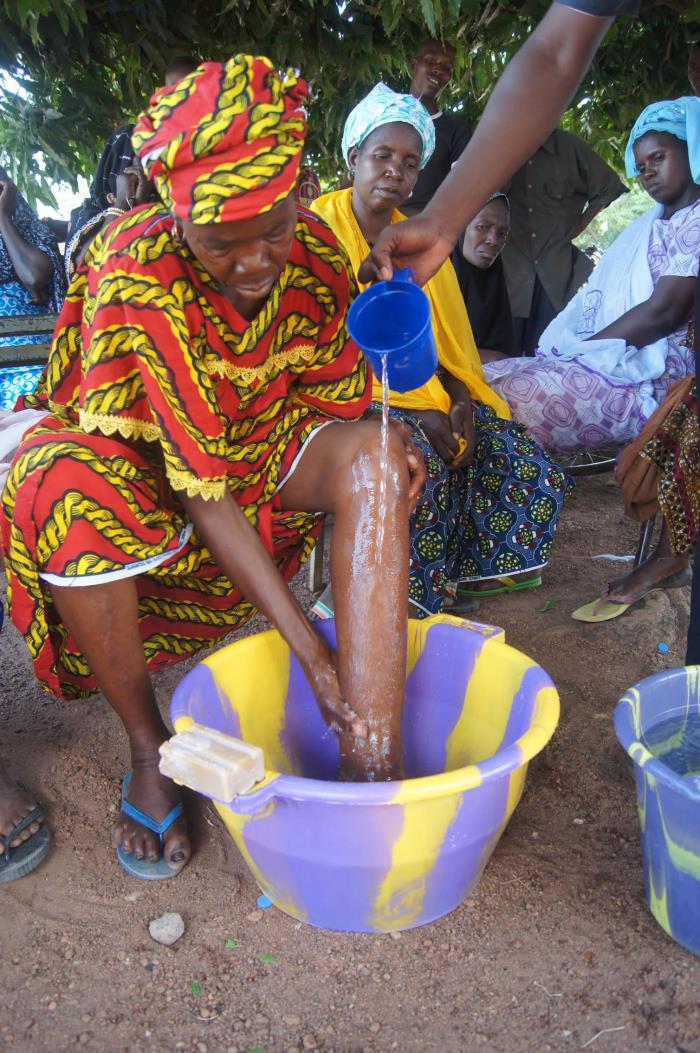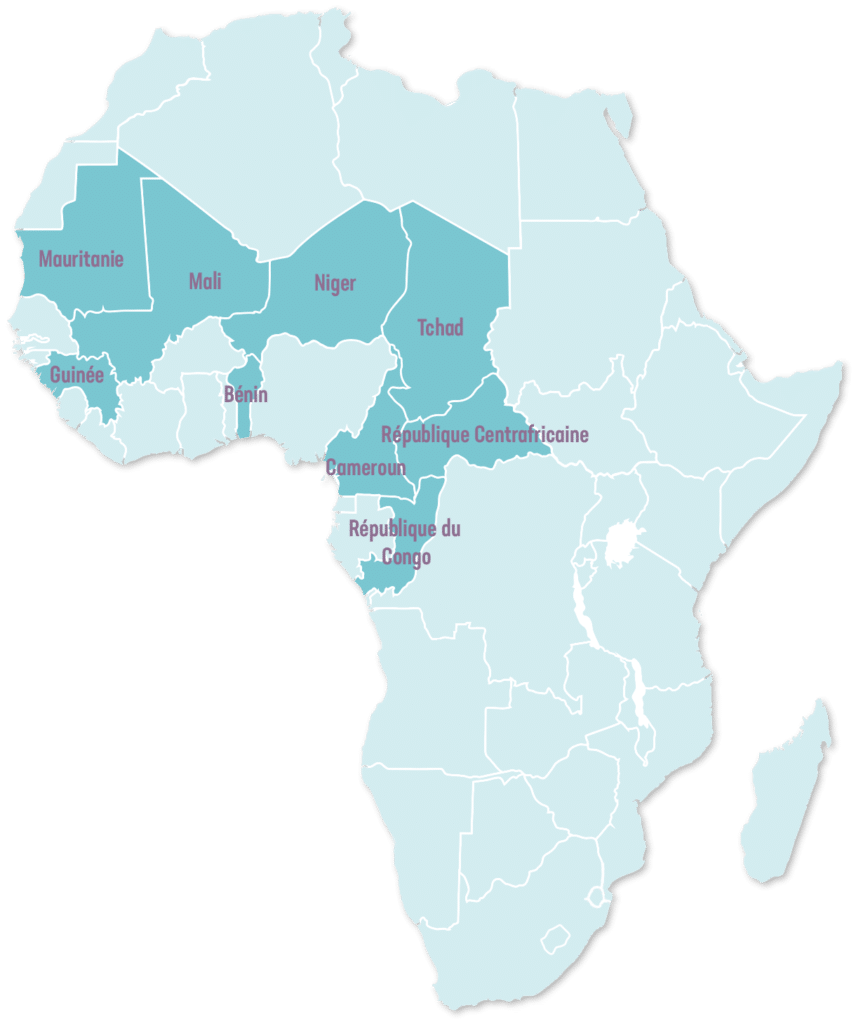
Lymphatic filariasis, also referred to as LF, is a neglected tropical disease also commonly known as its advanced-stage symptom, elephantiasis. It is a mosquito-borne disease caused by roundworm parasites which impairs the lymphatic system and can lead to the abnormal enlargement of body parts, causing pain, severe disability and social stigma. The physical manifestations of lymphatic filariasis causes patients to experience negatively affected mental health, loss of income-earning opportunities and increased medical expenses. They suffer from social stigma and isolation, making lymphatic filariasis a heavy socioeconomic burden on countries which the disease is endemic.
According to the World Health Organization, over 893 million people need treatment for this disease, with more than 40% of them living in Africa.
Lymphatic filariasis infection occurs when filarial parasites are transmitted to humans through mosquitos. When a mosquito carrying the parasite bites a person, the parasite microfilariae enter the body and migrate to the lymphatic vessels where they grow into adult worms. The adult worms continue to live in the lymphatic system, which oversees body fluid balance and fights infections. Infection usually happens in childhood, leading to undetected damage.
The majority of lymphatic filariasis infections are asymptomatic, meaning that there are no external signs of infection while contributing to the parasite’s transmission and causing damage to the lymphatic and immune systems and the kidneys. Long-term, chronic infection leads to tissue swelling (lymphoedema) or elephantiasis (skin/tissue thickening) of the limbs, breasts and genital organs. These painful and visible body deformities occur in adulthood and can lead to permanent disability.
Lymphatic filariasis is diagnosed with a microscopic examination of a blood smear to identify microfilariae that signify the presence of infection.
The World Health Organization treatment strategy for lymphatic filariasis is drug therapy, such as Mectizan®, Diethylcarbamazine, and albendazole. This strategy is based on studies that show infection transmission (infected mosquito to person, infected person bitten by mosquito) can be broken if drug therapy is distributed annually in endemic areas for a few years.

Francophone Africa is frequently overlooked by international development stakeholders when it comes to restoring sight and providing quality eye care. The Organization for the Prevention of Blindness (OPC) works with local governments, civil society organizations and communities to fight blindness, restore vision, encourage local ownership of eye health care systems and ensure human right to sight.







Want to join the fight against blindness? Join our mailing list to stay up to date on all the latest news and events from OPC – Organization for the Prevention of Blindness. We won’t spam your inbox, we promise.